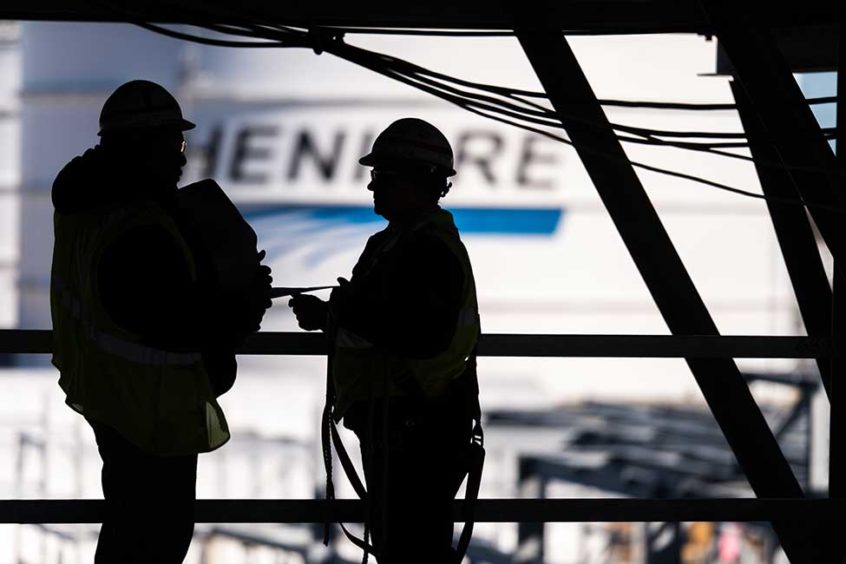
Cheniere will supply 1 million tonnes per year (t/y) of LNG to Thailand’s PTT from its Corpus Christi export terminal in the US after the pair signed a 20-year contract starting in 2026. Significantly, it marks the first US liquefied natural gas (LNG) deal agreed with PTT, Thailand’s largest state-owned, multinational energy company.
The deal “calls for a combination of free-on-board (FOB) and delivered ex-ship (DES) deliveries. This customised structure represents a further evolution in Cheniere’s commercial offerings tailored to the specific needs of LNG customers around the world. The purchase price for LNG under the SPA is indexed to the Henry Hub price, plus a fixed liquefaction fee,” Cheniere said in a statement.
“We are pleased to enter into this 20-year SPA with a subsidiary of PTT, the state-owned oil and gas company of Thailand which developed, owns and operates Thailand’s first LNG import terminal, and is an energy leader in a key, fast-growing Southeast Asian market,” said Jack Fusco, Cheniere’s President and Chief Executive Officer. “This is the first direct LNG contract from a US LNG producer for PTT Global LNG, and this agreement not only reflects the critical need for long-term, reliable LNG supply across the globe, but also the important role LNG has to play in powering growing economies for decades to come,” he added.
Auttapol Rerkpiboon, PTT’s President and Chief Executive Officer said “our ambition is to move forward with the future energy while ensuring energy security. We actively engage in the LNG business and target to be a global LNG player by managing an LNG portfolio of 9 million t/y by 2030. By the end of this year, PTT’s LNG receiving terminals will be able to accommodate regasification capacity up to 19 million tons per year with our new terminal.”
Falling domestic gas supplies from the Gulf of Thailand have led the Southeast Asian nation to import more liquefied natural gas (LNG) amid surging global prices, which has significantly weakened the country’s energy security. Natural gas is a key fuel for power generation in Thailand, as a result, the Thai people are facing much higher electricity bills. Moreover, reports suggest Thailand is at risk of a fuel crunch with imported LNG becoming too pricey.
